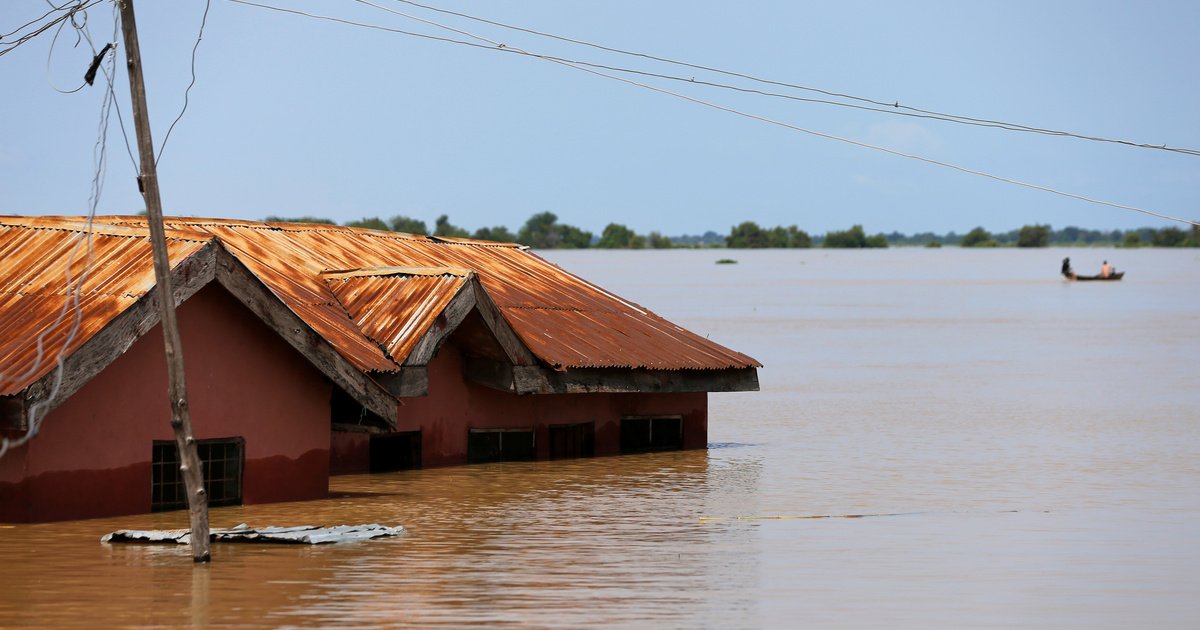The total economic cost of climate change in Nigeria is estimated to be about $ 100 billion annually, with potential trillions of dollars in stranded assets at risk, according to a new climate report released by Abuja-based think tank, Agora Policy.
The report points to the fact that Nigeria is facing a dire and multi-faceted crisis as climate change continues to wreak havoc on Africa’s largest democracy, leading to increased hunger, poverty, disease burden, migration, conflict, and insecurity.
The report released earlier this month highlights the consequences of climate change on Nigeria, including damage to infrastructure, changing coastlines, desertification, water scarcity, erosion, and revenue loss for states and the federal government.
“Climate change will alter Nigeria’s coastlines, result in displacement of hundreds of thousands of people and possibly the submergence and disappearance of Nigerian communities,” the report states.
Furthermore, the impact extends to the potential alteration of Nigeria’s geographical, social, and political trajectory for decades or even centuries, with some repercussions being irreversible.
The report titled ‘Climate Change and Economic Development in Nigeria’ insists that climate change remains a central challenge that demands immediate and bold action and that while “climate change poses significant threats to Nigeria’s economic development, it also presents an opportunity to diversify the economy, expand the energy portfolio, address energy security concerns, and increase global economic competitiveness.”
The report acknowledges that successive Nigerian governments have recognised the threat of climate change, issuing numerous policy declarations, documents, and a new National Climate Change law. However, it criticises the slow pace of implementation, the lack of a clear roadmap, and inadequate funding.
The report also calls for proactive measures to address stranded assets and position Nigeria for a more resilient and prosperous future. It emphasises the need for industrialisation and transition without increasing emissions and highlights the importance of mitigation and adaptation strategies that enhance macroeconomic stability, economic transformation, and job creation.
The global shift to a low-carbon economy is underway, driven by international and national initiatives. The report underscores that Nigeria’s response to climate change will significantly impact its position in this changing global landscape.
The report called on the government to increase climate change education as “surveys conducted by Afrobarometer suggest that only 30% of Nigerians are aware of both climate change and its anthropogenic cause, compared to an African average of 39%,” and that “Improving public awareness of climate change, therefore, is very critical to any national effort to respond to the challenge of climate change in Nigeria.”






